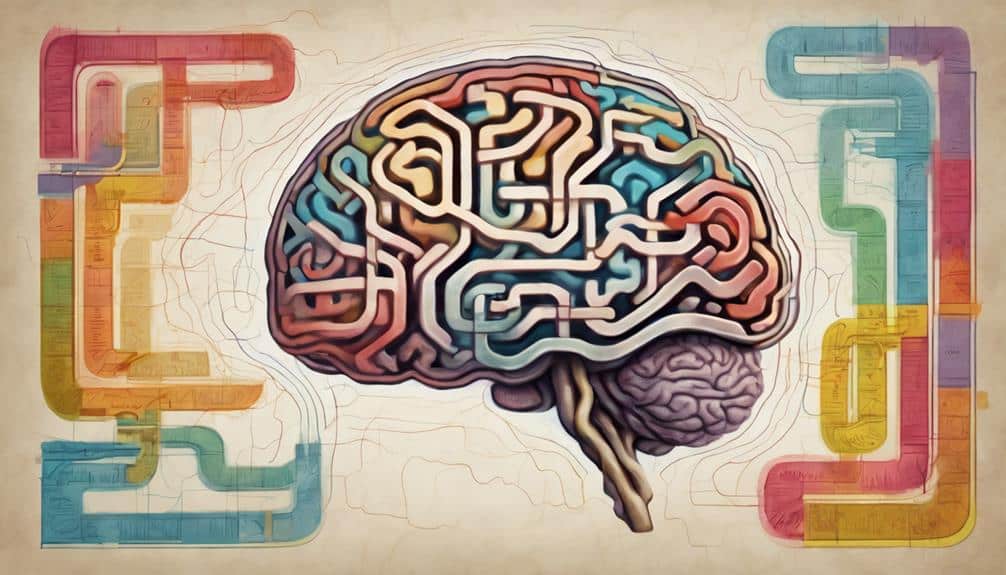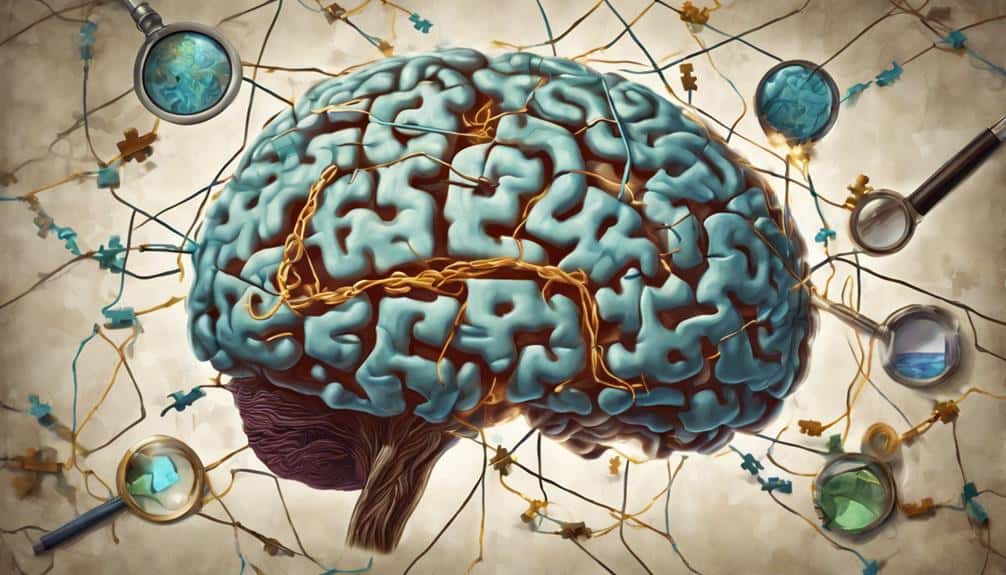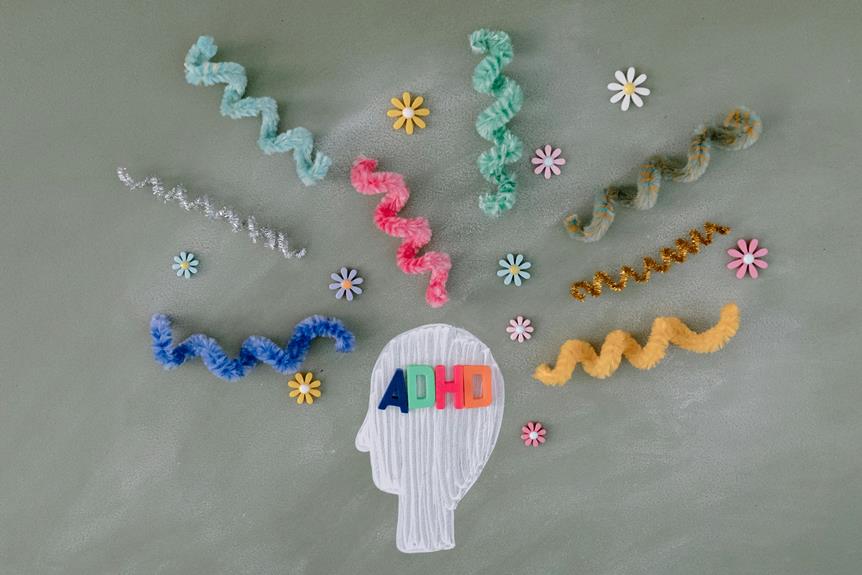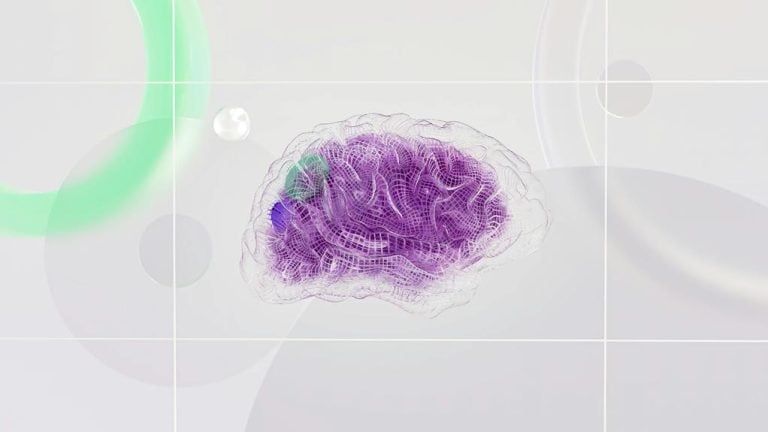Does Adhd Affect Spatial Awareness
Coincidentally, have you ever wondered if ADHD impacts spatial awareness?
The relationship between attention deficit hyperactivity disorder and spatial skills is a topic of growing interest.
Understanding how ADHD influences spatial awareness could provide valuable insights into the cognitive mechanisms at play.
Stay tuned as we explore this intriguing connection and its potential implications for individuals with ADHD.
Key Takeaways
- ADHD impacts spatial skills crucial for daily tasks.
- Spatial awareness challenges hinder academic progress and social interactions.
- Studies indicate spatial biases in children with ADHD.
- Implementing tailored strategies and interventions can enhance spatial awareness in individuals with ADHD.
Spatial Awareness Challenges in ADHD

Spatial awareness challenges in individuals with ADHD manifest in various aspects of their daily functioning, impacting academic performance and practical tasks. Visual-spatial awareness difficulties are common in children with ADHD due to the disorder's impact on the frontal lobe, the area of the brain responsible for spatial skills. This can affect a child's ability to understand and interpret spatial information, leading to issues in tasks such as reading, writing, mathematics, organization, navigation, and movement skills.
As an occupational therapist working with children with ADHD, I've observed how deficits in visual-spatial skills can greatly hinder their academic progress and overall daily life functioning. These challenges can extend beyond the classroom, affecting their ability to follow directions, organize their belongings, or even navigate familiar environments.
Impact on Daily Functioning

In daily activities, the impact of ADHD on spatial awareness can be observed through difficulties in judging distances and organizing space, affecting various aspects of an individual's functioning.
Children with ADHD often experience visual spatial awareness difficulties, leading to challenges in perceiving the environment accurately. These difficulties can extend to personal space boundaries, impacting social interactions and relationships.
Additionally, poor spatial awareness in ADHD can result in increased accidents due to struggles in finding directions surroundings effectively. Motor skill development may also be hindered, as coordination issues and difficulties with fine motor tasks can arise from spatial awareness deficits.
Executive functioning deficits in ADHD, such as impulsivity and forgetfulness, further compound these issues, affecting task completion and overall performance in daily activities.
Addressing spatial awareness challenges in children with ADHD is vital for improving their ability to organize space, interact socially, and engage in daily tasks effectively.
Research Findings on Spatial Awareness

Having examined the correlation between ADHD and spatial awareness deficits, recent research findings underscore the intricate relationship between cognitive processes and spatial judgment in children with ADHD. Studies suggest a spatial bias away from the left side in children with ADHD, indicating a potential link between ADHD and spatial awareness deficits. Difficulties in spatial judgment and attentional cueing have been observed in this population, impacting their visual spatial abilities. Intriguingly, research indicates that there may be a reduction in spatial bias in children with ADHD when treated with stimulant medication, emphasizing the role of medication in addressing spatial awareness issues.
Furthermore, variability in testing conditions has been found to influence the presence and severity of spatial biases in children with ADHD. Factors such as competitive visual input and alertness levels can also have a significant impact on spatial biases, highlighting the multifactorial nature of spatial awareness challenges in individuals with ADHD. These findings emphasize the importance of considering various factors when evaluating spatial awareness in children with ADHD and the potential role of stimulant medication in mitigating spatial biases.
Strategies for Improving Spatial Awareness

Utilizing targeted interventions and personalized strategies can greatly enhance spatial awareness in individuals with ADHD. Visual aids and spatial organization techniques play an important role in improving spatial awareness difficulties commonly seen in individuals with ADHD. Engaging in activities that challenge spatial judgment and perspective-taking, such as puzzles or map reading, can effectively enhance spatial skills. Additionally, mindfulness practices and sensory integration exercises have been shown to aid in the development of better spatial awareness in individuals with ADHD.
Physical activities like sports or dance not only promote body awareness but also contribute to enhancing spatial coordination in individuals with ADHD. Collaborating with occupational therapists or educators specialized in spatial awareness interventions can provide tailored support to address specific spatial challenges.
Research indicates that spatial awareness is linked to various brain regions, particularly the frontal lobes, involved in covert spatial attention and spatial relationships. By incorporating these strategies and activities into daily routines, individuals with ADHD can experience significant improvements in their spatial awareness and related skills.
Future Directions in ADHD Research

Research into the interplay between spatial awareness deficits in individuals with ADHD and brain function is poised to advance through the integration of advanced neuroimaging techniques and cognitive assessments. Longitudinal studies will play a vital role in understanding how spatial awareness issues manifest and evolve in ADHD populations across different developmental stages. By tracking these changes over time, researchers can gain valuable insights into the progression of spatial cognition difficulties in individuals with ADHD from childhood into adulthood.
Future directions in ADHD research will also focus on evaluating the efficacy of novel interventions, such as virtual reality training, in enhancing spatial awareness in individuals with ADHD. By employing cutting-edge technologies and innovative approaches, researchers aim to develop targeted interventions that address the specific cognitive challenges faced by individuals with ADHD.
Collaborations between experts in neuroimaging, psychology, and education will be essential for designing comprehensive strategies to support individuals with ADHD in overcoming spatial awareness deficits. By working together across disciplines, researchers can leverage diverse perspectives and expertise to create effective interventions tailored to the unique needs of individuals with ADHD.
Frequently Asked Questions
Do People With ADHD Have Poor Spatial Awareness?
Yes, individuals with ADHD often exhibit poor spatial awareness. This impacts cognitive development, executive functioning, visual processing, motor coordination, attentional control, sensory integration, working memory, and task performance. Environmental factors and neurological differences contribute to these challenges.
What Causes Poor Spatial Awareness?
Reduced gray matter in specific brain areas can contribute to deficits in spatial awareness, impacting cognitive development. Factors like lower right hemisphere activity and disruptions in neurotransmitter systems may play a role.
What Disorders Affect Spatial Awareness?
Spatial awareness can be affected by various neurological conditions, including ADHD. Memory retention, visual processing, and cognitive functioning play crucial roles. Motor skills, sensory integration, and executive functioning are linked to spatial awareness. Developmental delays, attention deficits, and learning disabilities also impact spatial awareness.
How Does ADHD Affect Perception?
ADHD affects perception by disrupting attention deficits, visual processing, executive functioning, and working memory. Cognitive load, impulsivity impact, and sensory integration are compromised, leading to challenges in motor coordination, environmental distractions, and task performance.
Conclusion
To sum up, individuals with ADHD may struggle with spatial awareness due to inattention and working memory challenges. This can impact daily activities such as reading, writing, and navigation.
Research shows that tailored support and strategies can improve spatial skills in individuals with ADHD. Moving forward, further research is needed to enhance our understanding of spatial awareness in ADHD and develop more effective interventions.
Let's navigate the complexities of ADHD and spatial awareness together, revealing new pathways to success.







